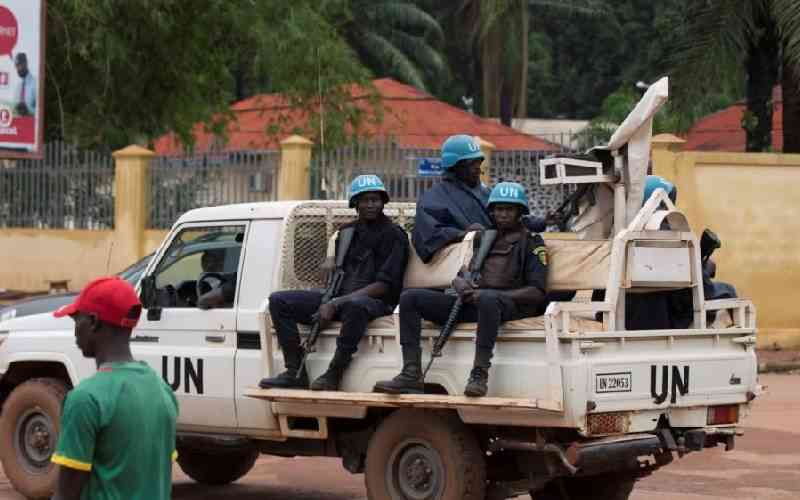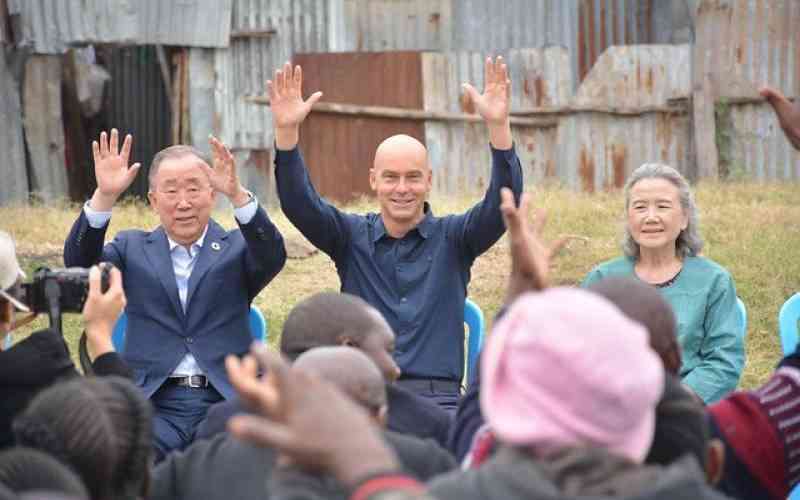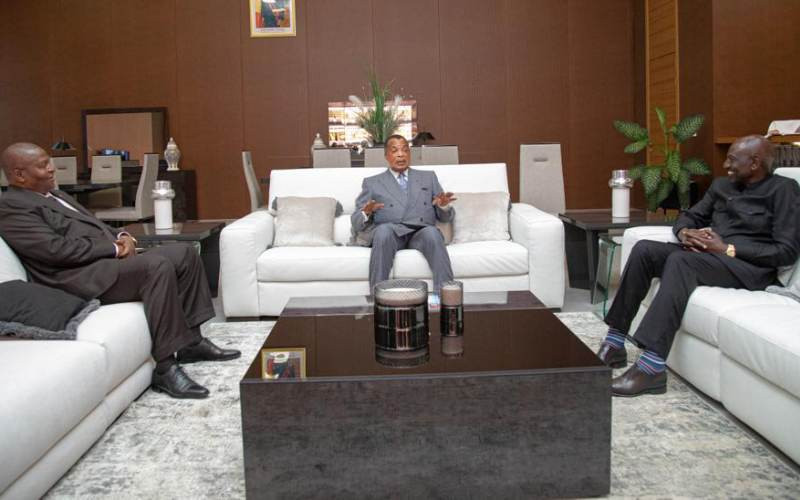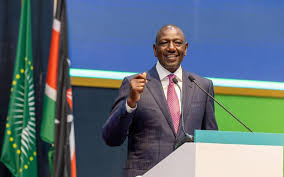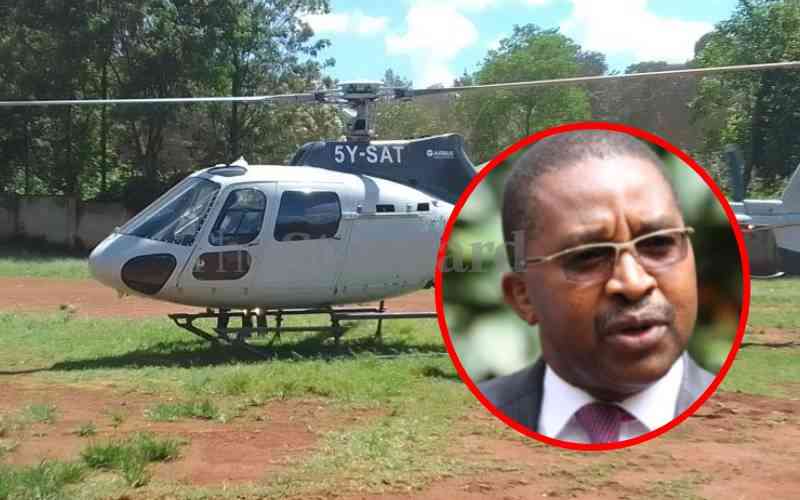UN Secretary General Ban Ki-moon announced Wednesday he had fired the mission chief in the Central African Republic, saying "enough is enough" after a string of allegations of child sex abuse by peacekeepers.
Senegalese diplomat Babacar Gaye "tendered his resignation at my request," Ban told reporters at the global body's headquarters in New York.
The move followed fresh accusations that a peacekeeper from the MINUSCA force had raped a 12-year-old girl, months after similar claims were made against Moroccan and Burundian troops in the unit.
France is separately investigating claims that more than dozen of its soldiers serving in the Sangaris force in the Central African Republic sexually abused children in exchange for food in late 2013.
"I cannot put into words how anguished and angered and ashamed I am by recurrent reports over the years of sexual exploitation and abuse by UN forces," Ban said.
"When the United Nations deploys peacekeepers, we do so to protect the world's most vulnerable people in the world's most desperate places."
Gaye, 64, had been MINUSCA mission chief and Ban's special envoy in the Central African Republic since July of last year, when the United Nations took over the mission from the African Union.
"I will not tolerate any action by people who replace trust with fear," Ban said.
"Enough is enough."
'Feel no shame'
UN spokesman Stephane Dujarric said there have been 57 allegations of misconduct targeting MINUSCA peacekeepers, 11 of which possibly involve child sex abuse.
The latest allegations were revealed by Amnesty International, which called for a full investigation of the rape and the shooting death of a teenager and his father.
The incidents allegedly took place during an operation to arrest a former rebel chief in the Muslim PK5 district of Bangui on August 2 and 3 in which five people were killed, including a Cameroonian peacekeeper.
The Central African Republic is struggling to recover from the sectarian violence that exploded after a 2013 coup, pitting mainly Muslim rebels against Christian militias.
A special Security Council meeting has been convened for Thursday during which Ban is to brief the 15 members of his decision to dismiss the mission chief and other planned measures.
Stay informed. Subscribe to our newsletter
Ban will also "deliver a strong message" to special envoys, force commanders and police commissioners from all 16 peacekeeping missions that they must take sexual abuse claims seriously during a meeting by video conference also planned for Thursday, according to Dujarric.
"People will be held accountable," the spokesman said.
Dujarric described the decision to sack Gaye as "unprecedented" and a clear signal that the United Nations was moving to address mounting allegations of misconduct by the so-called blue helmets.
Ban in June appointed a review panel led by former Canadian Supreme Court justice Marie Deschamps to look into how the UN handled allegations that the French and African troops sexually abused children in the Central African Republic.
While those cases of abuse allegedly took place before MINUSCA was launched, the allegations were documented in a report by UN rights officials that sat on UN desks for months before action was taken.
The three-person panel has already traveled to Bangui and is due to present its findings in the coming months, but Ban said he wanted to "take action now" to enforce the UN's zero-tolerance policy of sex abuse.
The UN chief pointedly appealed to victims of abuse by UN peacekeepers to "please come forward" and pledged that there would be action taken in response to their claims.
"You should feel no shame. Shame belongs to the perpetrators," Ban said.
 The Standard Group Plc is a
multi-media organization with investments in media platforms spanning newspaper
print operations, television, radio broadcasting, digital and online services. The
Standard Group is recognized as a leading multi-media house in Kenya with a key
influence in matters of national and international interest.
The Standard Group Plc is a
multi-media organization with investments in media platforms spanning newspaper
print operations, television, radio broadcasting, digital and online services. The
Standard Group is recognized as a leading multi-media house in Kenya with a key
influence in matters of national and international interest.
 The Standard Group Plc is a
multi-media organization with investments in media platforms spanning newspaper
print operations, television, radio broadcasting, digital and online services. The
Standard Group is recognized as a leading multi-media house in Kenya with a key
influence in matters of national and international interest.
The Standard Group Plc is a
multi-media organization with investments in media platforms spanning newspaper
print operations, television, radio broadcasting, digital and online services. The
Standard Group is recognized as a leading multi-media house in Kenya with a key
influence in matters of national and international interest.

